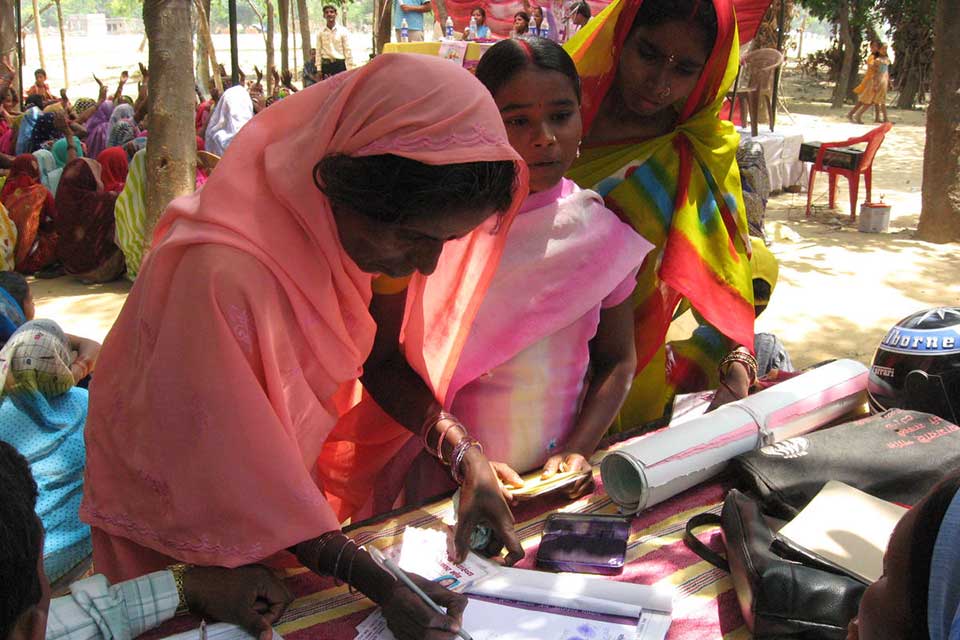
Religion has played a powerful, emancipatory role in struggles to achieve basic rights, from the African-American Civil Rights movement in the U.S. and Catholic Liberation Theology and social thought in 20th century Latin America, to the Anti-Apartheid movement in South Africa. Religion can also play a negative role - when appropriated out of its original intent to promote justice and mercy – and transferred to complex cultural and political contexts that seek to reinforce rigid, semi-feudal social orders. In South Asia and in South Asian Diasporas, one of the worst forms is discrimination on the basis of caste and untouchability that persists despite legal prohibitions in national constitutions. This program examines opportunities and obstacles to advance an understanding of the role of religion in aiding or constraining social exclusion and intolerance in multi-faith democracies of South Asia in comparison to other regions of the world.
